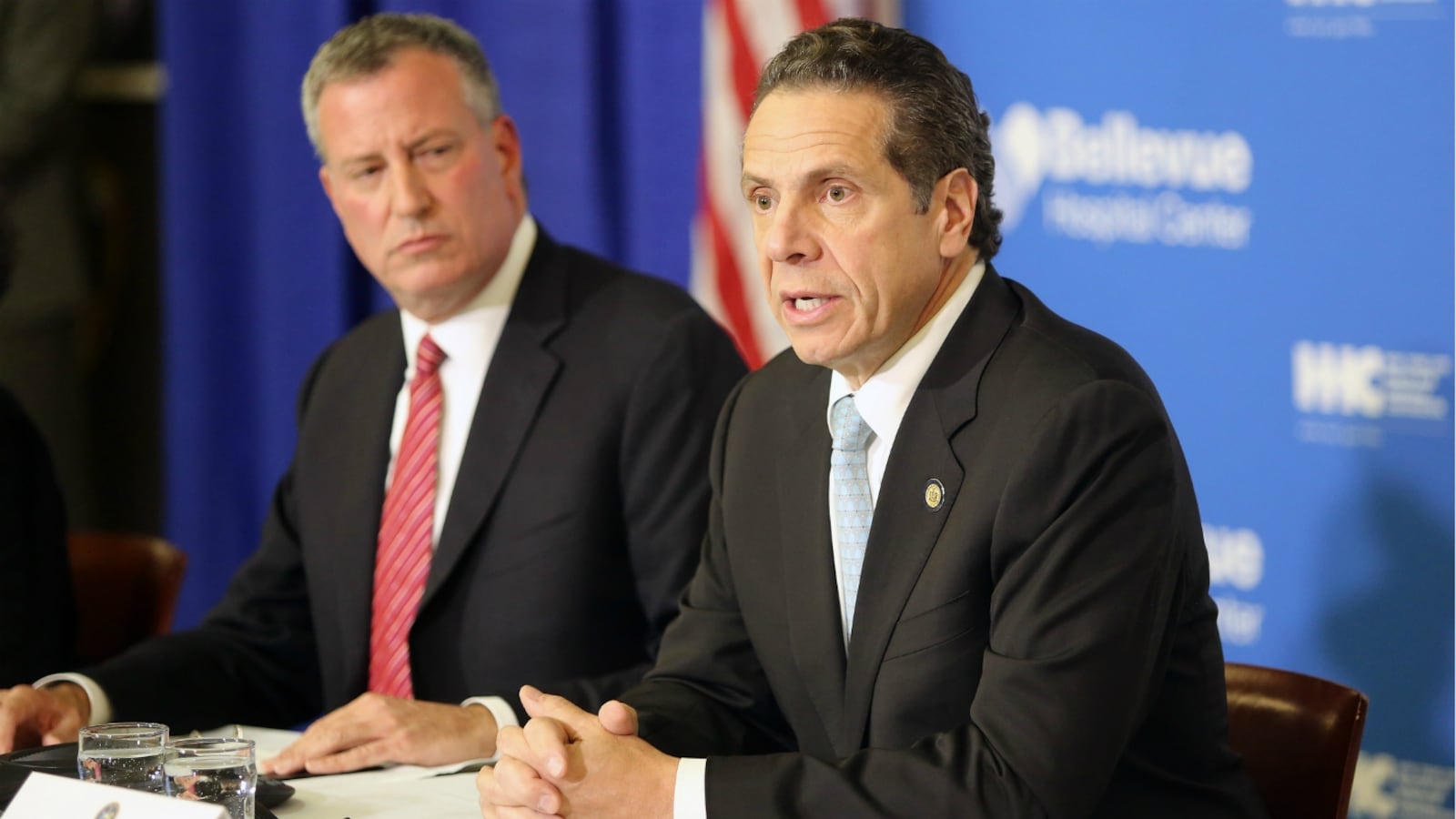New York City’s education spending plan relies on getting more than Gov. Cuomo wants to give.
That’s according to an analysis released Wednesday by the Independent Budget Office, which notes that the mayor’s proposed education budget includes $171 million more than the governor’s proposal.
That may not be a problem, since both the State Senate and the Assembly have proposed boosting education spending by more than the governor. The Assembly asked for a $2.1 billion increase, while the Senate called for a $1.6 billion increase. Either amount would probably meet the mayor’s budget demands, IBO spokesman Doug Turetsky said.
That $171 million would be used to add support for English Language Learners and students with interrupted education, education department officials said.
The state is still haggling over the total amount of education spending that will make it into this year’s budget. The governor proposed an increase of $1 billion.
The final budget will likely include more than the governor proposed, but it is impossible to know, State Sen. George Latimer said.
“Usually education and health are the last two tables to close,” Latimer said. “They are the biggest parts of the budget. Money gets swallowed up mighty fast, and they tend to have the most contentious side issues.”
The $171 million gap between the city’s spending plan and the governor’s proposal comes from a difference in the amount of Foundation Aid, which is allocated more to school districts with more high-needs students, like New York City.
That funding stream is at the heart of a longstanding battle between the city and the state. Under the terms of a 2006 Campaign for Fiscal Equity lawsuit settlement, the state should be allocating significantly more education funding to the city. But the state has instead scaled back increases in that aid or kept it constant.
Chancellor Carmen Farnña asked the state to fully restore that funding when she testified in front of the legislature this January.
“In this school year alone, New York City public school students will be shortchanged some $2 billion in State education funds,” Fariña said. “I am confident you will agree that it is time to make a significant down payment on this obligation by fulfilling a commitment and making equity in education a priority.”

